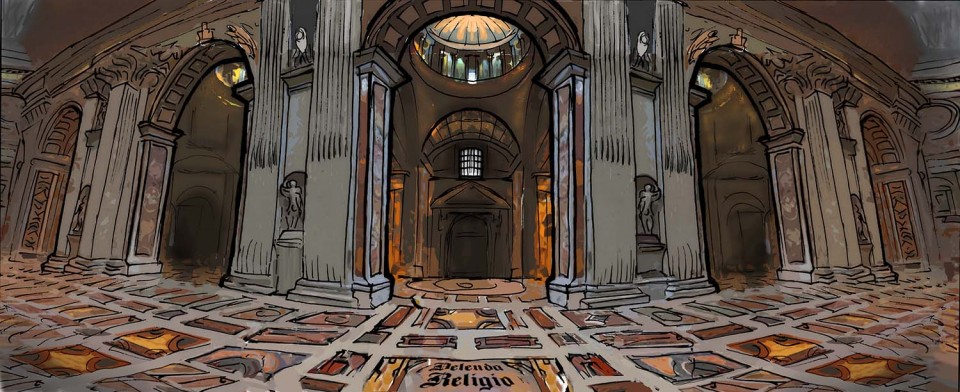People’s reasons for believing and their reasons for practising their religion are not always the same. Some people go to church out of habit, family tradition, conformity, social (especially family) pressure, fear of offending, self-interest, the desire to impress or even to enhance business-image and profit. In my book, “From Illusions to Illumination”, my very first Reflection (p. 48) suggested three major reasons for believing : “the unquestioning acceptance of an inherited belief”; “the need to believe there is Someone in control who can provide protection, fulfillment and purpose if not now at least after death”; and “some sort of personal experience of transcendence”.
The last reason is particularly pertinent to people who have had a N.D.E. – a Near-Death Experience. They were in a coma, close to death or perhaps presumed to be dead. They survived, and when they woke up retained a vivid image of having been in a sort of vestibule of death, perhaps a tunnel, filled with (heavenly) light. They saw and heard people, usually close relatives recently or long since deceased. They remember exactly what was said, lapidary, never to be forgotten phrases of reassurance and/or advice. They had no sensation of fear or discomfort; on the contrary, they would have been happy to remain in that beatific state forever. On revival, they may or may not reveal the experience or the content of the NDE, but it will remain with them as long as they live. Whether or not they had doubts about their belief in God before, their faith is now rock-solid. No book, no blog, no non-believer or militant atheist will ever be able to shake that faith. If they were tepid, indifferent Believers on the Brink before, they are now gung-ho non-atheists. Their new-found personal conviction may be so overwhelming that it sometimes overwhelms others. They are powerful propagandists who have no need to appeal to theological or other argumentation, or even to references from Scripture. They have personally experienced the reality of life after death. The force of their faith can make it contagious.
Atheists do not waste their time attempting to dialogue with or change the minds of such “enlightened” believers. Nor are they particularly perturbed by the phenomenon of NDE. People have been convincing themselves for millennia about the existence of God, Providence and eternal reward and punishment in an imagined after-life. Some people are easier to enlighten than others. With NDE folks we don’t even try.
RIDENDA RELIGIO

Which still leaves open the question of what exactly is involved in a Near Death Experience.
An Illuminating program on TV recently proposed at least a partial explanation. The research cited in the program suggested that the brain is unusually active in the moments before death – hyperactive in fact.
I have no doubt that further research will add to our understanding of this interesting phenomenon.
It goes without saying that none of the research suggested that NDE’s are caused by non-material entities called souls hanging around in a state of indecision about whether they should be coming or going.
LikeLike
There is also the A D I, not the Agence pour le Développement de l’Informatique, I worked for a long time ago, but the Animal Death Intuition : Last year, they spoke of a cat that never entered the room of old persons in a dedicated house, except when these persons would die during the day ; it hapens 7 or 8 times !
Sometimes I explain my annoyments to my poor dead cat …
LikeLike
Animals have an extremely highly developed sense of smell. One of my sisters who is a highly trained and expert medical and clinical diagnostician claims that impending death in the elderly can very often be detected by smell.
This might explain pussy’s disturbing practice of selecting the next in line. And no, I don’t have a cat as a pet.
LikeLike